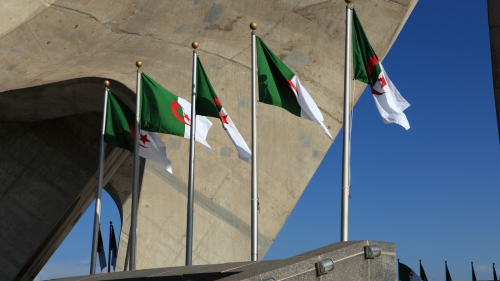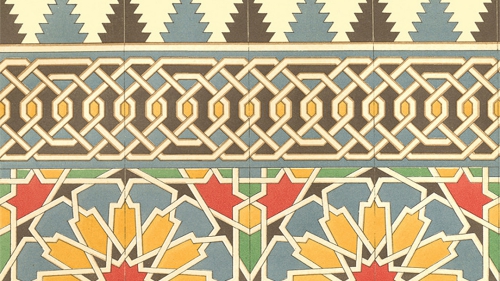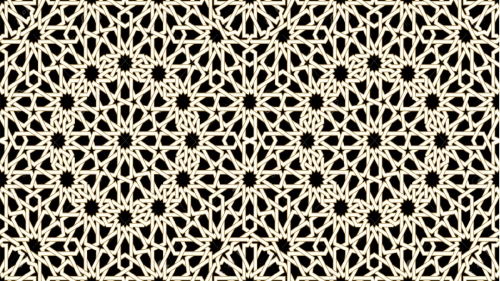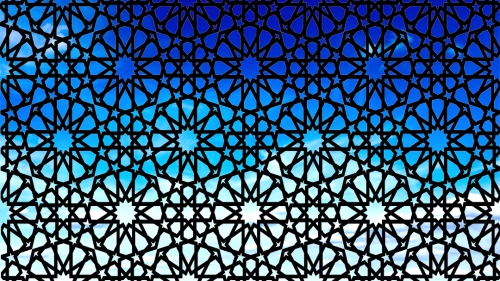Bashir alone at the top: Not the best move for Sudan
It has been almost two weeks since Sudanese President Omar al-Bashir dissolved Sudan's parliament and declared a three-month state of emergency. Ostensibly a move to put the war-torn East African nation on track towards stability, Bashir was soundly criticized for both the timing of the move and its relationship to his rivalry with Parliament Speaker Hasan Turabi.
Indeed Bashir's timing could not have been worse. With fragile peace negotiations between opposition groups and the central government finally showing progress, radical change in Khartoum was the last thing Sudan needed. Fortunately for Bashir, opposition groups have remained on board with the push for peace, and the recalcitrant Sudan People's Liberation Army (SPLA) has even taken the government shakeup in stride.
That Bashir would stage a "palace coup" was not altogether unexpected. After all, he came to power in a coup in 1989. It seems that the leopard just cannot change his spots. And when it began to look as though legislation would be passed curtailing presidential power, he moved to secure control.
It is still unclear as to whether Bashir can, by force of will, steer Sudan into more peaceful, prosperous times. The mixing of personal ambition and national policy has never been advisable; and charting a new course for Sudan only becomes more difficult by Bashir's choosing to do so.
Bashir should therefore be grateful for Hasan Turabi's relatively moderate response to the recent shakeup. In fact, Turabi may be the linchpin keeping Sudan from toppling headfirst into complete political disarray. Easing considerably his rhetoric over the past few days, Turabi has, for the moment, taken a very diplomatic and flexible stance. On Wednesday, he told Qatar's al-Jazira news service that he supported reconciliation efforts and that the current situation provides the unique opportunity for Sudan to show the world that "Islam is capable of overcoming all tensions."
Tensions between the two will, however, remain. It is a classic struggle between the military strongman and the ideologue. Bashir has military might, while Turabi has the support of the National Congress party and the promise of a revived Sudan under Islamic leadership. Bashir, last week in the face of criticism, tried to spin himself as the loyal Islamist; but he will have a hard time measuring up to Turabi.
Turabi is not blameless in this disagreement. He has had designs on hegemony in Sudan for some time and has not always kept the larger political situation in perspective. As a result, he may have failed to recognize that Bashir is not someone to be easily contained and marginalized.
Ironically, this dispute plays into the hands of the Sudanese government's adversaries. The SPLA surely would prefer to deal with a general rather than an Islamic, intellectual politician. That's a no-brainer. The same applies internationally. How else was Egypt able to miraculously reestablish on Thursday "full diplomatic relations" with Sudan? There is no coincidence in that move.
Hopefully for Sudan's sake, however, the Khartoum government can reconcile its differences. Bashir cannot "go it alone" as Sudan's sole political force. He needs the intelligence and savvy of Turabi and the consensus of national political organizations. In the absence of these, Sudan merely postpones future governmental strife.
Ali Asadullah is the Editor of iviews.com














